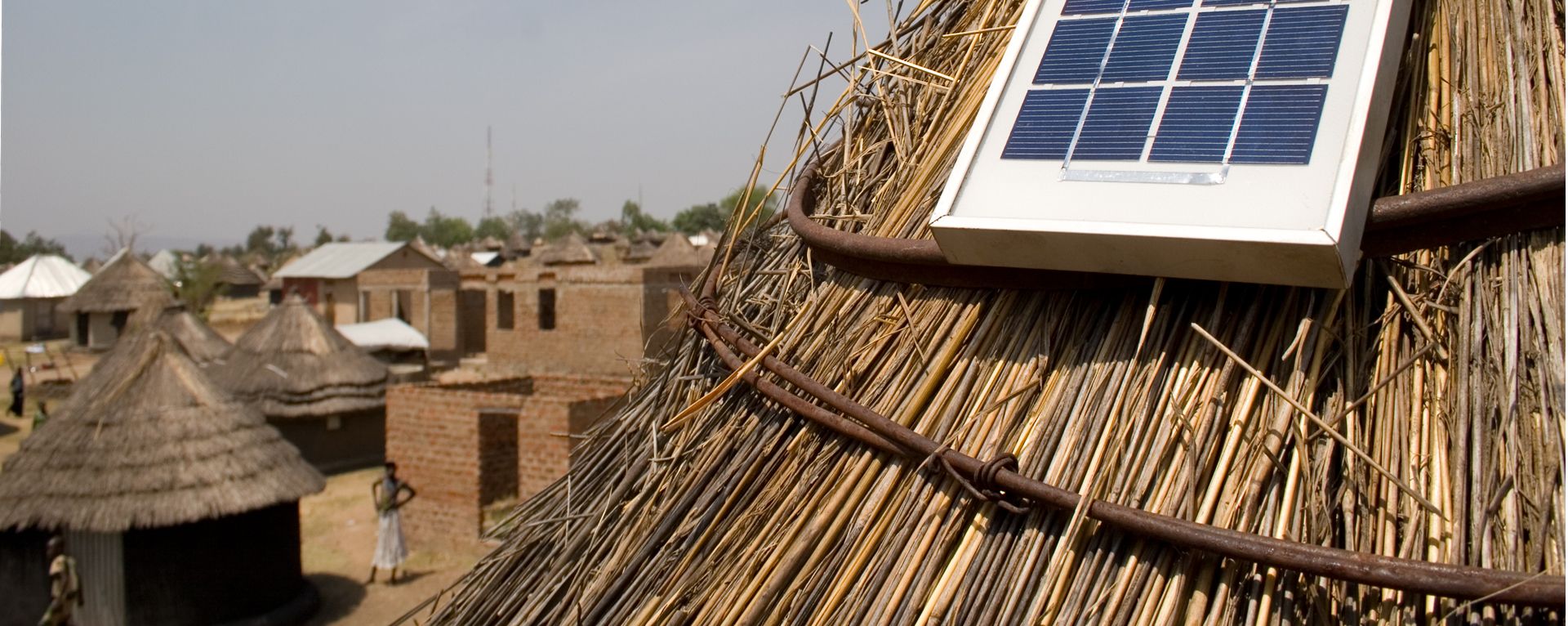Today, off-grid electrification in Uganda is predominantly driven by the private sector. In order to reach rural and poor consumers, most sales incorporate consumer financing into their model. To date, SHS companies, particularly ‘pay-as-you-go’, have raised largely hard currency capital from international sources to internally fund this consumer financing. However, this form of financing 1) bears great foreign exchange risk and 2) is untenable for many companies, particularly the smaller and more locally based. Therefore, to reach meaningful scale and work towards achieving universal energy access by 2030, activating local debt capital to off-grid operators is a necessary step.
Although considerable attention has been paid to the problem, limited success has been seen in mobilizing local currency debt; however, a few recent deals in Uganda suggest the door is opening to increased local financing. We believe Ugandan financial institutions are at a crucial stage where centralized support and coordination could significantly advance access to local capital. This initiative therefore seeks to strengthen Ugandan capital markets, activate local currency denominated debt, and, in doing so, increase off-grid connections.
To address this problem, last year UOMA focused on offering awareness building and technical assistance to local banks. Through our work, we offered training to 14 banks in Uganda. Further, we developed relationships or signed MoUs with three banks to offer tailored technical assistance and product development – Equity Bank, Centenary Bank, and Finance Trust.
At the beginning of 2018 our goal was to build off this traction, to 1) deepen our existing relationships and provide further targeted TA, 2) work with additional banks to expand tailored support as widely as possible and 3) provide information and support to other financiers looking to enter or expand their presence in Uganda.

